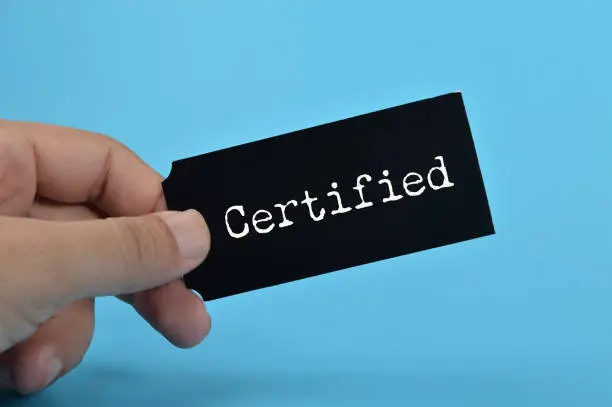How to know if a grant is legitimate? This guide will help you differentiate between legitimate grants and scams, providing you with the knowledge you need to navigate the grant world with confidence.
In today’s world, where resources are vast and opportunities abound, securing financial grants is more accessible than ever before. However, not all that glitters is gold. Unfortunately, the rise of digital connectivity has also led to an increase in fraudulent activities, including fake grant offers.
This guide will help you differentiate between legitimate grants and scams, providing you with the knowledge you need to navigate the grant world with confidence.
Understanding the Basics
A grant is non-repayable funds disbursed by grant makers, often a government department, corporation, foundation, or trust, to a recipient, usually a nonprofit entity, educational institution, business, or an individual. Typically, the grantor requires the recipient to complete a project or use the funds in a particular way.
However, scammers often utilize this concept, promising huge amounts of “free money” to unsuspecting individuals. By understanding the true nature of grants, you can safeguard yourself from falling victim to these scams.
Identifying Legitimate Grants
Legitimate grants come with certain characteristics that set them apart from fraudulent ones.
Government Grants
Government grants, both federal and state, are considered to be highly reliable. They are typically disbursed through official government websites, such as Grants.gov for federal grants. Check the site’s URL; if it ends in .gov, it’s a good initial sign of legitimacy.
Private Grants
Similarly, private grants from foundations and corporations are often legitimate. However, these grants may be more difficult to authenticate as they come from private entities.
Review the grantor’s website and look for signs of credibility like detailed contact information, history, past grant recipients, and clear grant application guidelines.
Grant Eligibility
A genuine grant always comes with eligibility criteria. These requirements vary from grant to grant and can range from location, demographic, and intended use of funds to the type of project or business. A “grant” that seems to have no qualifications is a red flag for a scam.
Grant Application Process
A legitimate grant requires a detailed application process, often including a comprehensive proposal outlining the intended use of the grant money. If the “grant” you’re looking at requires nothing more than your personal or financial information, be wary.
Common Grant Scams and How to Avoid Them
Advance Fee Scam
In this scam, fraudsters ask victims to pay a “processing fee” or “taxes” to receive the grant. Remember, genuine grants do not require payment of any kind. If asked to pay to access a grant, it’s likely a scam.
Identity Theft Scam
Scammers often pose as grant officers to extract personal and financial information. Legitimate grant providers never ask for sensitive information like your Social Security number or bank account details via email or phone.
Guaranteed Grant Scam
In this scenario, the scammer assures you that you’ll receive the grant just by applying. However, no real grant guarantees approval before a comprehensive review of your application.
Best Practices for Identifying Legitimate Grants
The following steps can help you identify a legitimate grant:
1. Conduct Thorough Research: Use official and reputable grant databases, such as Grants.gov, the Foundation Directory Online, and the EU’s European Commission Grant Database.
2. Check the Organization’s History: Research the grantor to confirm their history and reputation.
3. Contact the Grantor Directly: If in doubt, contact the grantor directly through the contact information provided on their official website.
4. Review the Grant Application Process: As stated before, a legitimate grant requires a detailed application or proposal.
5. Consult with a Professional: When in doubt, consult with a grant writer, financial advisor, or an attorney.
In conclusion, while there are fraudulent activities surrounding grants, a careful and well-informed approach can help you secure legitimate funding. The key is to understand what makes a grant genuine, be aware of common scams, and practice due diligence in your grant-seeking efforts.
Armed with this knowledge, you can successfully navigate the world of grants and secure funding for your projects or needs.




